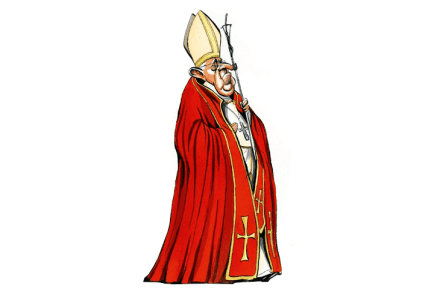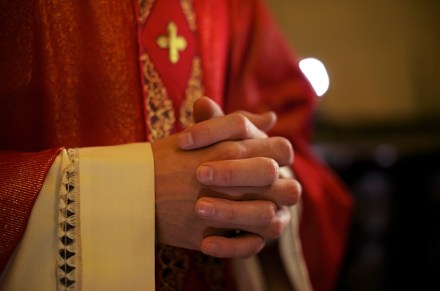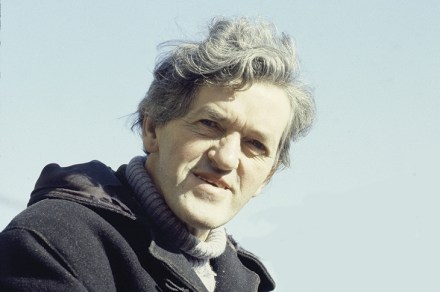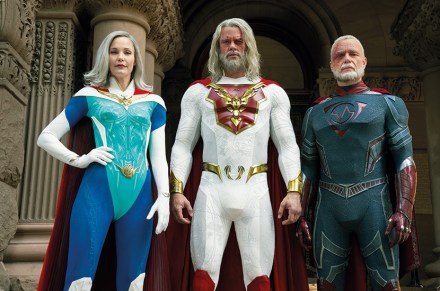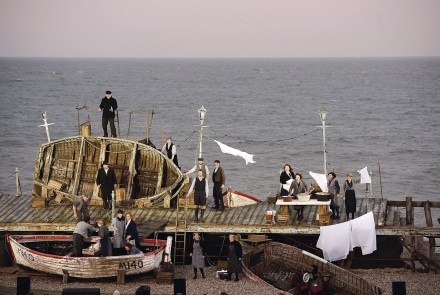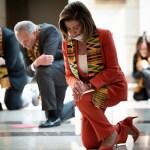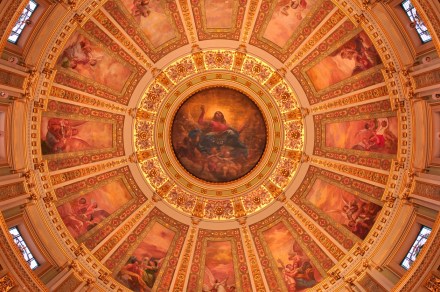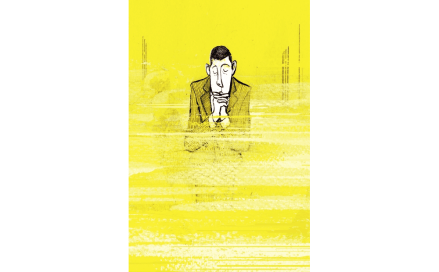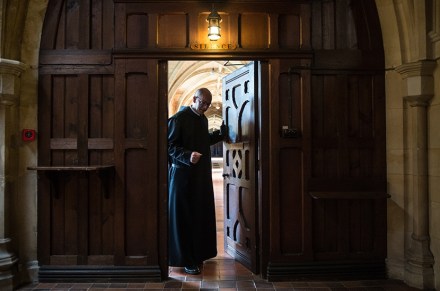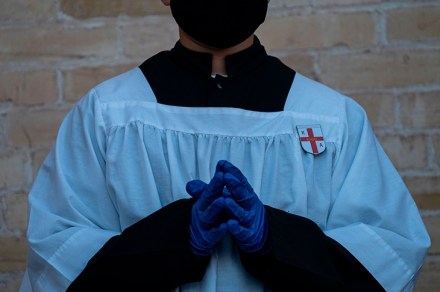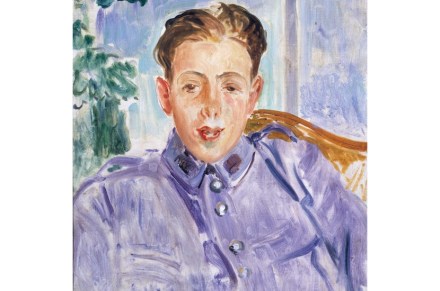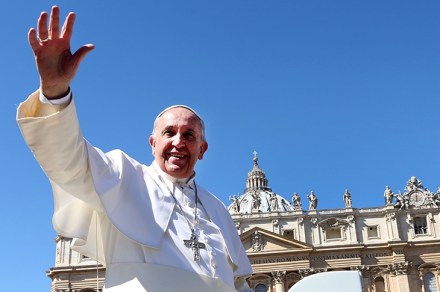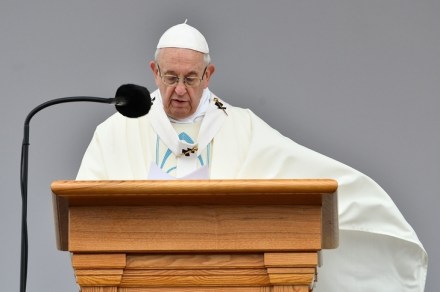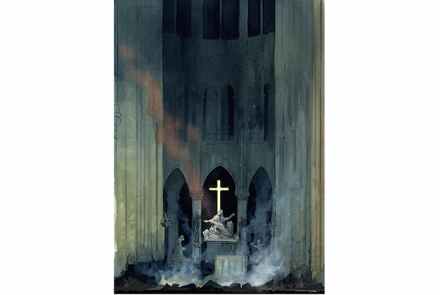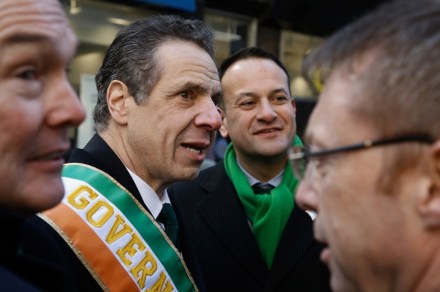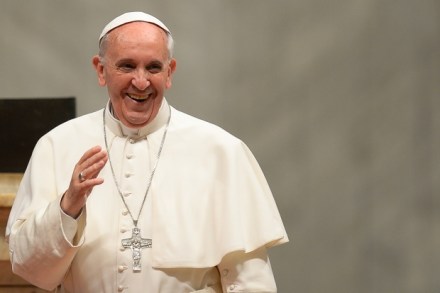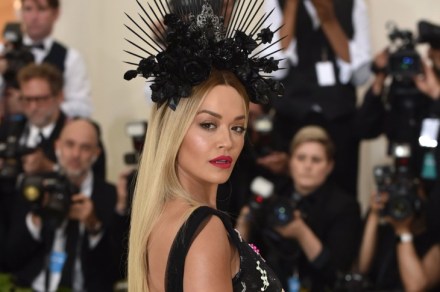Pope Francis is losing his culture war
Since I wrote about the Pope’s declaration of war on the Old Rite, something unexpected and beautiful has happened. Many bishops have held the line. Far from all: some have gleefully welcomed the opportunity to extinguish the pretty rite, and intellectual justification has come, predictably, from the Jesuits, who haven’t been sound since The Exorcist. But so many other bishops have judiciously, almost seditiously, chosen to interpret the Pope’s instruction to the letter while ignoring its spirit, and given immediate dispensation to the priests who already say it to continue. Others, I’m told, have written or telephoned Old Rite-saying priests to offer personal comfort and reassurance. This is how you
